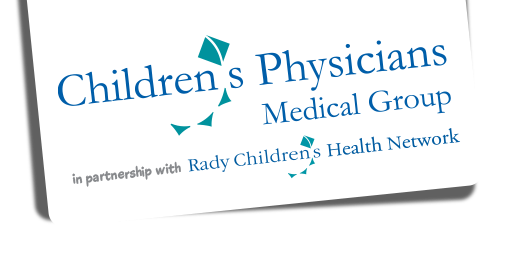http://www.youtube.com/watch?v=3oqkCX6SB7g
How is cord blood used?
It can help treat diseases such as malignancies, bone marrow failure, hemoglobinopathies, immunodeficiencies, and/or inborn errors of metabolism. There is a huge amount of research regarding other future uses to include possibly: diabetes, heart attacks, kidney failure.
What is the difference between private cord blood banking and public cord blood banking?
Private cord blood banking is storing the baby’s cord blood for his/her own future use or use for a family member should the need arise. Alternatively, public cord blood banking or donating, means that the baby’s cord blood is stored in a cord blood bank and is available to anyone in need of a transplant or may be used for research purposes.
Should I store my infant’s cord blood?
- Cord blood donation should be encouraged when the cord blood is stored in a bank for public use.
- Private cord blood banking should be encouraged when there is knowledge of a full sibling in the family with a medical condition (malignant or genetic) that could potentially benefit from cord blood transplantation.
- If banking for future personal or family use, parents should know that malignancy that may be helped by cord blood stem cells may already exist in that child’s stem cells so would not be used. However, a sibling’s cord blood might be a match.
Are there any risks to storing cord blood?
No, because the cord blood is collected after the baby is born and the umbilical cord is clamped and cut, it does not affect the baby or the birth experience. The cord blood stem cell-collection program should not alter routine practice for the timing of umbilical cord clamping.
How long can cord blood be stored before it expires?
Research is ongoing about the storage life of cord blood units. But we know the stem cells are good for 15 years and research is pointing to a possibility of 30 years.
Does it cost anything to donate cord blood?
The public donor cord blood banks pay for the collection procedure and storing of the baby’s cord blood, so there is no cost to the family for donating the baby’s cord blood. However, there are significant fees associated with private storage of cord blood often including both the collection and the storage. In San Diego, there is not a public donation cord blood bank, so if you wish to store the cord blood from your infant, it must be privately stored.
Why isn’t there a cord blood bank in my area?
There are only a few cord blood banks in the United States; therefore, donation to a local bank is not possible in many areas. Many communities do not have the technical and financial resources necessary to establish and operate a cord blood bank.
How soon should I notify the cord blood bank in my area that I want to donate?
The cord blood bank should be notified approximately 4-6 weeks before the due date or about week 34 of pregnancy.
